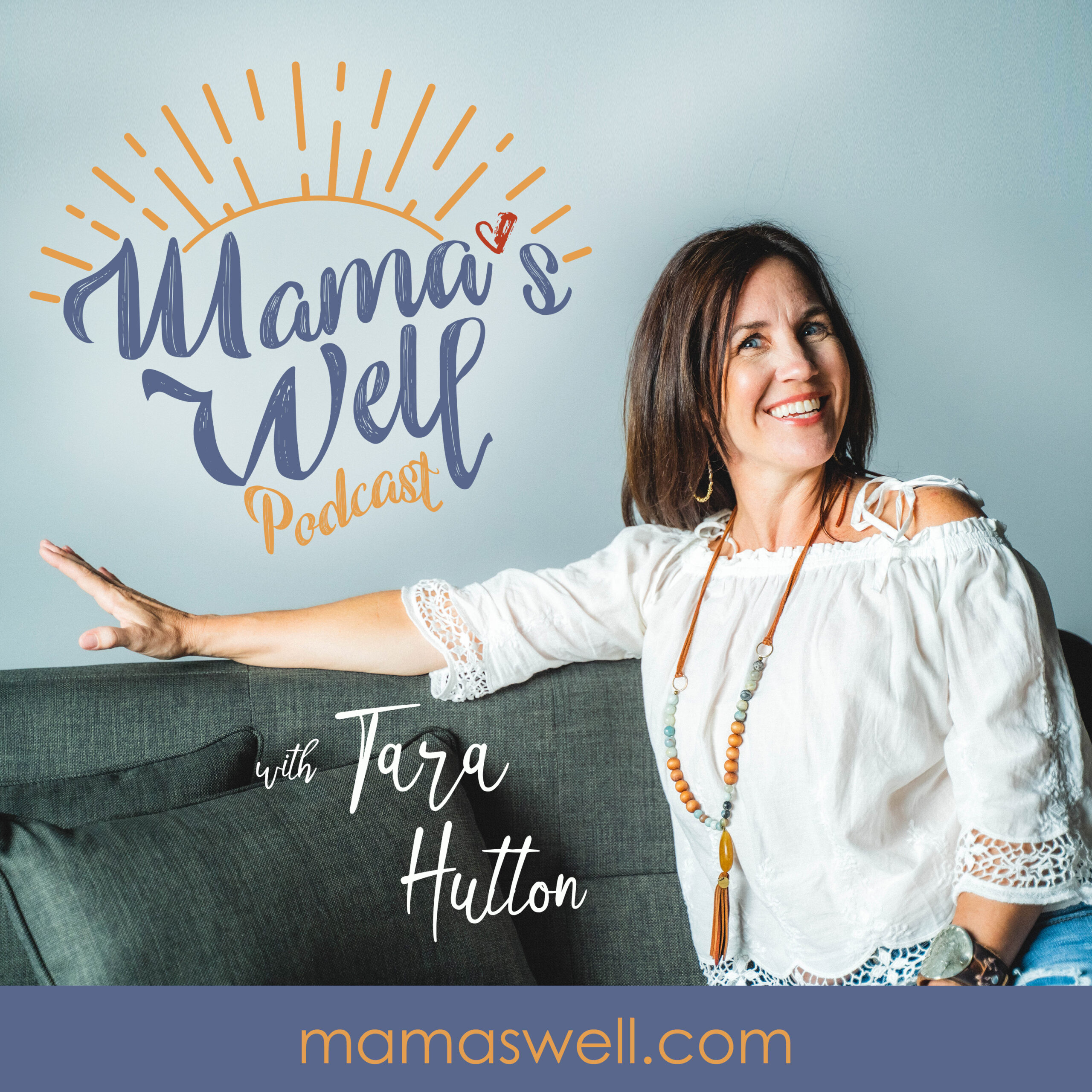What if our younger foster/adoptive children could tell us what they need. Wouldn’t that make life at least a little easier? If they could fast forward to their older, more healed selves and give us some pointers on how to better help them along the way, wouldn’t that be amazing???!!!
Well, I had the opportunity to interview a beautiful 18 year old soul named Madison Wright and ask her the question, “If you could tell foster parents who are taking care of a little Madison what she needs, what would you say?”. And her answers shed a lot of light on the heart and mindset of the children in our care.
Listen to this weeks podcast for the full conversation about these three things that every foster/adoptive parent needs to hear.
1. Validate my feelings.
A foster child comes in to a home, regardless of age, with the trauma surrounding the circumstances that led to their removal from their former environment. Their trauma, compounded by the trauma of being in a new place can make understanding and expressing their emotions a difficult task. One of the most important parts of Madisons healing and growth was due to her foster moms ability to validate her feelings.
2. Help me to feel normal and experience belonging.
Trust is the cornerstone of any relationship and foster/adoptive children can have major challenges in this department. Madison lets us in on the seemingly impossible task of providing an outsider the opportunity to belong while not making them feel abnormal or a target of pity. It can take extraordinary patience and consistent delivery of love and assurance to get over the hurdles of broken trust and bring a foster/adoptive child into a true sense of belonging.
3. Don’t leave me alone with my fears.
“I don’t know why I’m so upset, but will you just sit with me while I try to figure it out?”, is a question Madison remembers asking her foster mother. Often times our children can’t understand why they’re so mad, so sad, so depressed, so afraid – and in the middle of the feelings, with what feels like no way out, they can become increasingly frustrated and scared. Our physical and emotional presence is sometimes all that’s needed and can provide needed deposits in the trust bank of our foster/adoptive children.
Be sure and listen to the amazing words that Madison has for us this week. On this challenging parenting journey her advice is a needed lesson from someone who has walked in our children’s shoes.
Audio only
DEEPER DOWN THE WELL
Article: Why It’s So Important for Parents to Validate Their Children
Debra Kessler, Psy.D.
